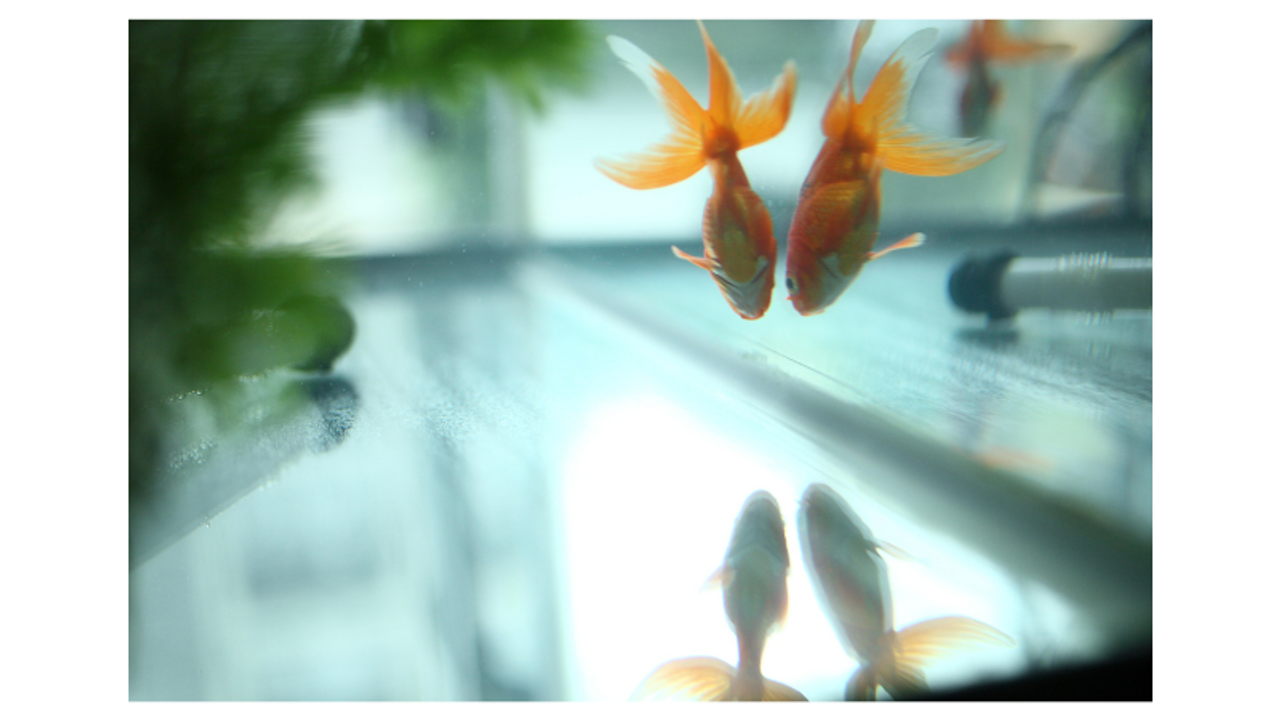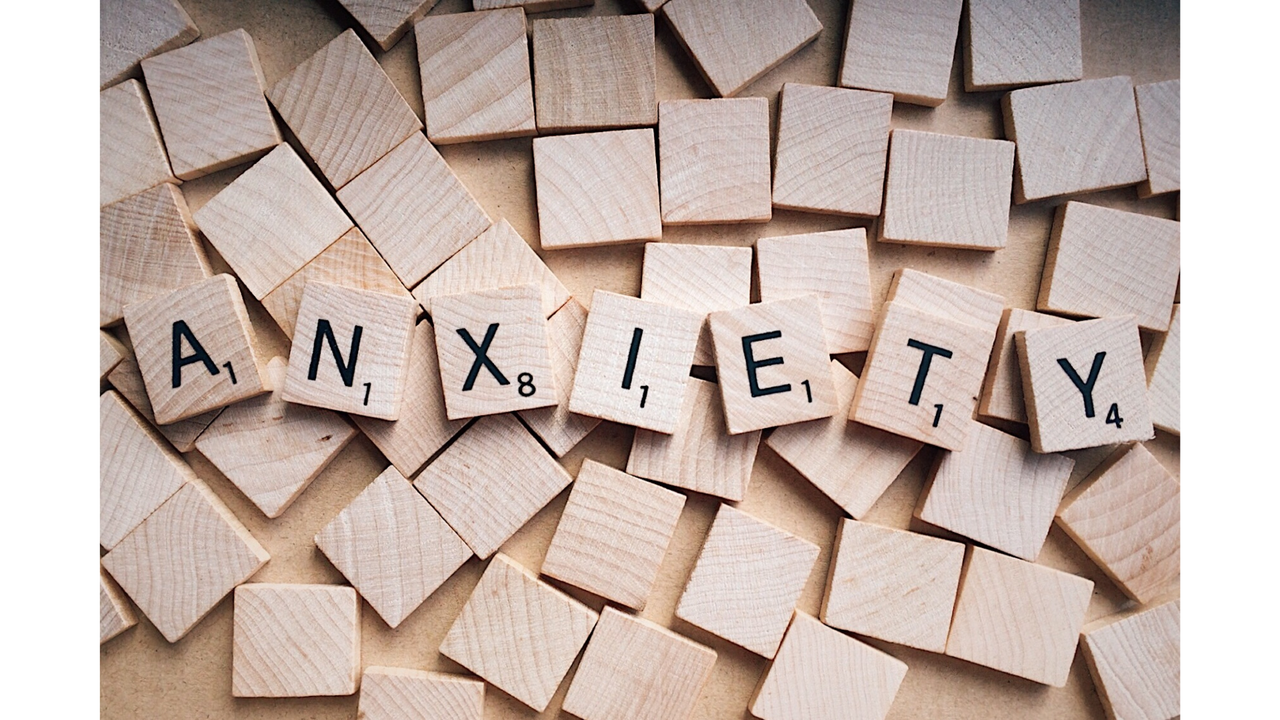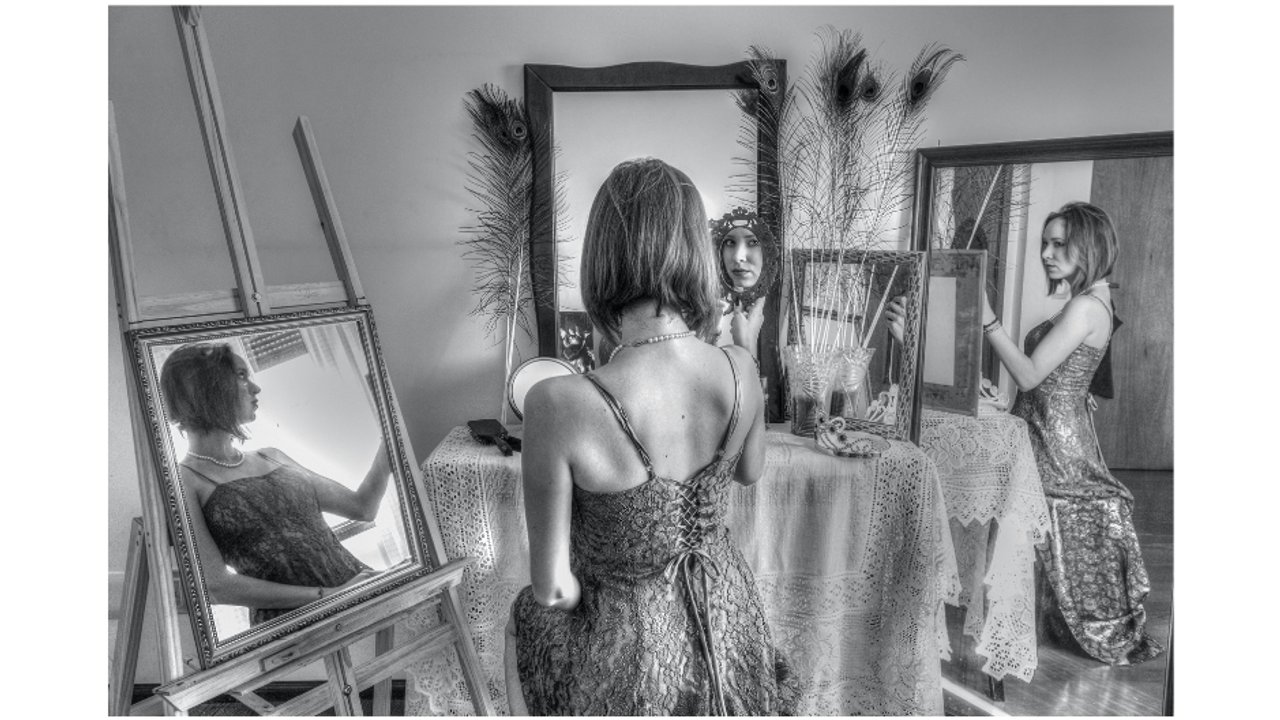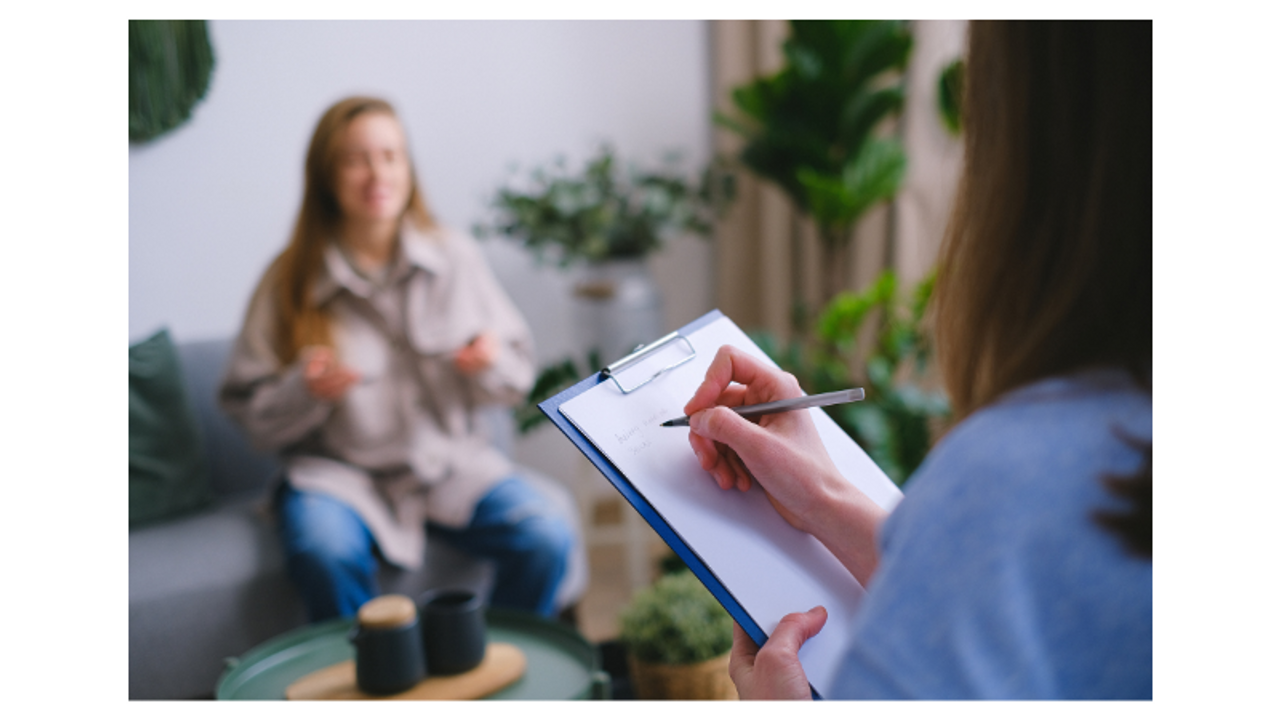Homeopathy Tips Newsletter
Accidents From a Homeopathic Perspective

"It was an accident," she said. How often do we hear words similar to this? In case-taking I hear them more often than you can believe. Yet from where I sit as the Homeopath, I do not believe there are any accidents.
When I hear someone say they had an accident I really pay attention to what was happening to them before and after the accident as well as the details of their story. More often than not there will be a thread of this story that came to a head during the accident and the energy of this accident was with them all along.
We might say that it is a random chance that two individuals would walk around a corner and bump into each other. A random act we usually do not take notice of. When two individuals traveling in cars at high-speed bump into each other we notice this very much because the consequences are much greater. When events like this happen I see them as a wake-up call. It is time to stop and look for patterns in life that lead to the big "event".
It takes two indiv...
Obstacles to Cure in Homeopathy

Many times after giving the correctly chosen homeopathic remedy we may see a response but not the results we may expect. It can be difficult to ascertain whether the remedy is really working or whether there is an obstacle to cure. We must investigate closely the conditions for healing in the home as well as any medicinal substances the person may be taking. Homeopathic management in this modern drugged society can be difficult indeed.
It is best before ever evaluating the remedy to evaluate the client and determine the obstacles to cure. There is often drug therapy that the person has been on for their malady. This will make your job significantly more difficult, but not impossible. If the person is on 3 drugs there is a 50% chance that there will be a new symptom that is a result of the drug therapy. If the person is on 5 or more drugs it is a 100% fact that there will be a new symptom as a result of the body's response to the combined drug effect. This is a major obstacle to...
Synchronicity in Homeopathy

Many times in a person's story they will speak about events in their life that seem to defy all odds of occurrence. When this happens we usually say that there was some synchronicity. That two currents of life flowed together to form a larger and succinctly timed event. If the event has a negative connotation we usually say it was an accident. But if the event has a more positive or serendipitous quality, then we say it was an event of synchronicity.
These events happen more often than we may think. Many times they occur with such common and everyday matters they may go unnoticed. If we were more aware of our everyday thoughts and actions we may very well see how the universe is supporting us perfectly all of the time. Often after taking homeopathic remedies and experiencing a healing response, we become more aware of our life and thoughts and will make more connections in our daily lives. For someone who has not experienced this before it will be very remarkable. They will tel...
Changing Remedies in Homeopathic Prescribing

In the course of homeopathic prescribing we often come to a time in the case where it's not very clear what is happening and we are tempted to change the remedy. Sometimes this can be premature. Other times it is the most appropriate thing to do. So the question is, "How do we know when it is time to change the remedy?".
After taking the case and giving the remedy the next important step is the first follow-up. At this time it is necessary to determine if the remedy has worked. The best way to determine this is by looking for ways that there is movement in the case. How have things started to change? Has there been any shift in their mental state? The one thing I hear consistently is that there is a greater sense of well-being. This shift I notice in almost every case. Look for a movement that the vital force is responding to and a shift is occurring. Sometimes it's as simple as seeing the ways that the little things in their life are easier.
If this movement is still happening I us...
Anxiety Attacks in Homeopathy

One of the more common complaints from clients is anxiety attacks. It seems in this hurried modern world we live in more and more people are having anxiety attacks during the course of their day. There might be many reasons for these, especially from the allopathic diagnosis (Hormone imbalance, thyroid deficiency, mental disorder, etc.) but nothing takes the place of simple case-taking and understanding of how the person is responding to their thoughts or environment.
When someone complains of anxiety attacks it is important to ask them to tell you a story about when this happens. From their story, you will glean much about what it is that is triggering them. Sometimes it may be a closed room or the stuffy feeling that they were experiencing. Other times it might be the presence of a crowd or riding in an elevator. It would be important to know if it was the closed areas of the elevator or the movement that frightened them. Sometimes it is the anticipation of an event or thinking abou...
The Observer in Homeopathic Healing

I believe I have discussed Hering's Law of cure and the healing response in previous newsletters, but what I want to share today is a subtle indication that a remedy may be working. As a quick reminder, Hering's Law of Cure states that we heal from the top down, inside out, from most recent symptoms to more distant and from most vital to least vital organs. This seems pretty straightforward.
In nearly every case I have seen there will be one or more aspects of this law that is apparent during a person's healing. Often I hear how the client is doing better and has a greater ability to see their own thoughts and process. It is like their thoughts have not changed yet but their attachment to them is different. I call this the "observer". When a client reports that they can really "see" their stuff and observe their own thought patterns it is telling me that they are healing.
When this phenomenon exists it is in perfect alignment with Hering's Law of Cure. The dis-ease has moved from wit...
Remedy Relationships in Homeopathy

It is important to know about the remedies in our Materia Medica and their relationships. I often see a case improve dramatically with a given remedy but not go on to cure. With a little knowledge of remedy relationships, some of the more perplexing cases can be improved by giving a complementary remedy to the first remedy prescribed. It must always be that this second remedy is indicated and not just given routinely.
When you see a child with recurrent high fevers that yield to Belladonna, but the fevers continue to reoccur then often Calcarea Carbonica will be the chronic remedy for these acute states.
Natrum Muriaticum sustains the same chronic relationships to Apis and Ignatia. It stands to reason since Natrum Muriaticum shares many common themes with both of them. One can see the relationship between the crystalline structure of Salt and the crystalline structure of the honeycomb and crystallizing of honey. Often it will be difficult to tell the difference in skin eruptions tha...
The Art and Science of Homeopathic Prescribing

There are two aspects of Homeopathy that seem to be diametrically opposed to each other but are absolutely necessary for Homeopathy to work. These are the "art" and the "science" that must be brought together to form a whole picture of dis-ease and the correct selection of the remedy. At first glance, it seems as though it would be impossible to marry the two. But careful investigation as to the true meaning of these different aspects can bring homeopathy to the level Hahnemann himself experienced.
I speak often about "seeing the case". This is where the "art" part of homeopathy comes in. The ability to be free of prejudice and let the client "paint the picture of their dis-ease". It is much like art appreciation; where there is nothing to judge about the work of art but to simply take it in and allow it to create the feeling inside. The difference is that it is most detrimental to follow feelings when case-taking. Feelings are usually your previous experiences and it is not good to g...
Handling the First Follow-up in Homeopathy

When we have given a remedy, how do we know that it has worked? How do we know that the well-selected remedy that was given with confidence, is right?
The first follow-up is as important as the original case-taking. When we have given a remedy it is essential to determine if the remedy has worked. This can present problems at times. The client does not always report in glowing terms that the remedy has been helping. Sometimes it takes a bit of investigation to find out what has happened since they have been on the remedy. This is where good notes from the original case are essential. We must be able to investigate whether the vital force has responded or not.
I find that the first follow-up is best scheduled for around 4-6 weeks after the initial visit unless there is a very serious condition that is needing more attention. It is best to conduct the follow-up in a similar fashion to case-taking. Let them speak. Many times they will tell you that the remedy has had no effect but when ...
Potency and Homeopathy

Homeopathy, based on the "Law of Similars", makes the selection of the remedy one of the most difficult tasks for homeopaths. But the question of potency is also one of the big hurdles for homeopaths as well. What are the rules for potency selection? How do we decide what potency to select? There are probably as many opinions as there are homeopaths, but I want to share with you my thoughts. Please include your own below.
Hahnemann explains potency in Aphorism 29 of the Organon. " ....so in every homeopathic cure this principle of life dynamically altered by natural disease is seized through the administration of a medicinal potency selected exactly according to symptom-similarity by a somewhat stronger, similar artificial disease-manifestation."
What Hahnemann is saying is that the properly selected homeopathic remedy must be given in a potency that is slightly stronger than the dis-ease expression of the vital force. How do we determine what potency is best for any given expressio...

